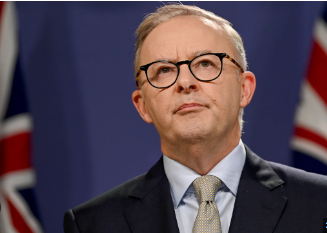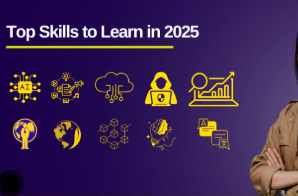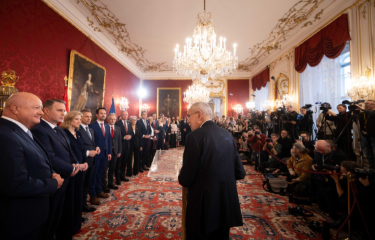News
Australia’s regional leaders to ban children from social media
Australia moves towards a landmark social media ban for children under 16 with full backing from state leaders. The legislation, expected in November, aims to protect young Australians’ mental health and safety online.


 Health5 days ago
Health5 days agoDeclassified CIA memo explored concealing mind-control drugs in vaccines

 Entertainment7 days ago
Entertainment7 days agoSimi addresses resurfaced 2012 tweets amid online backlash

 Crime6 days ago
Crime6 days agoSenior police officers faces retirement after Disu’s appointment as acting IGP

 Education1 week ago
Education1 week agoPeter Obi urges JAMB to address registration challenges ahead of exams

 Health1 week ago
Health1 week agoNAFDAC issues alert on suspected revalidated SMA Gold infant formula

 Comments and Issues7 days ago
Comments and Issues7 days ago20 Critical Fixes to Save Nigeria’s Democracy from Electoral Fraud

 Football7 days ago
Football7 days agoMartínez ruled out of Everton clash with calf injury

 Latest6 days ago
Latest6 days agoICPC yet to respond to El-Rufai’s bail request as arraignment date looms













